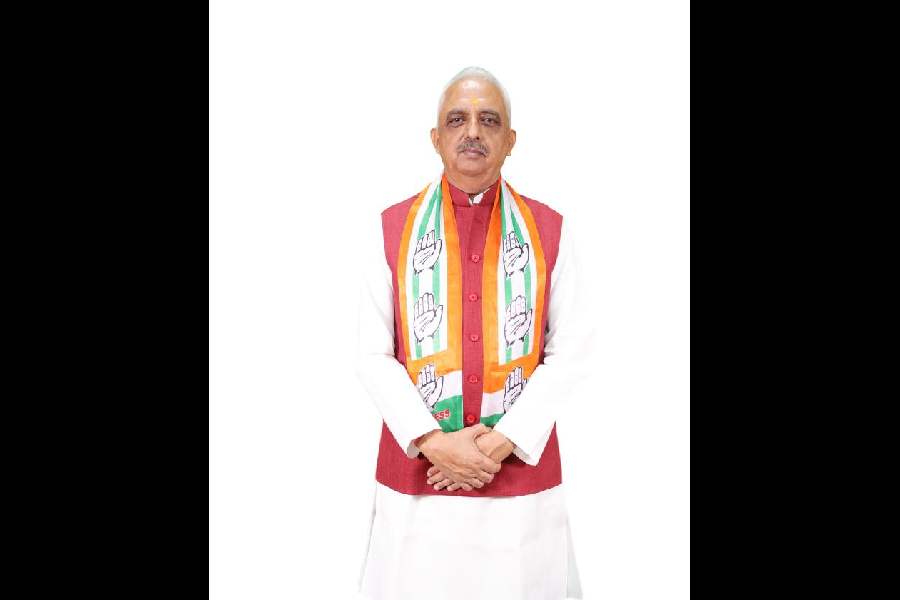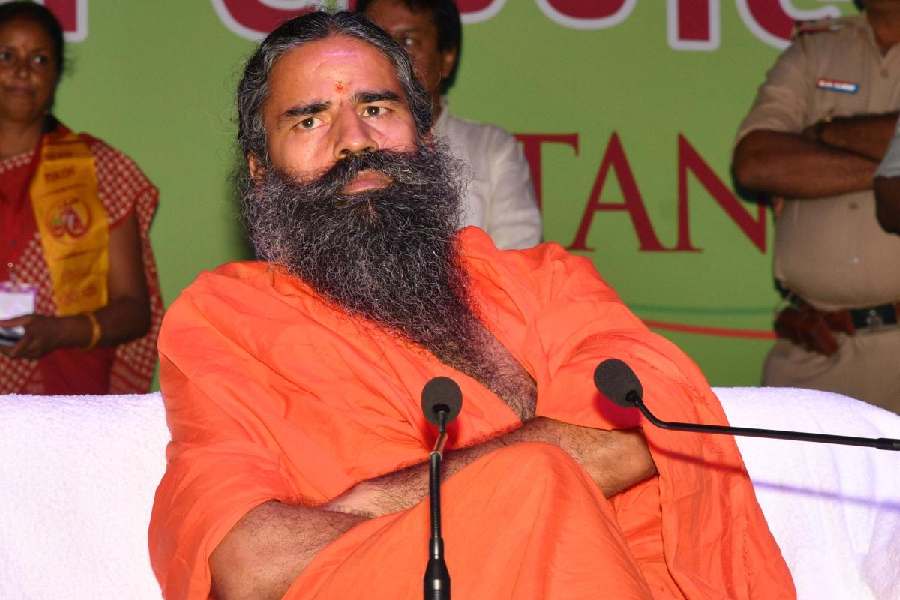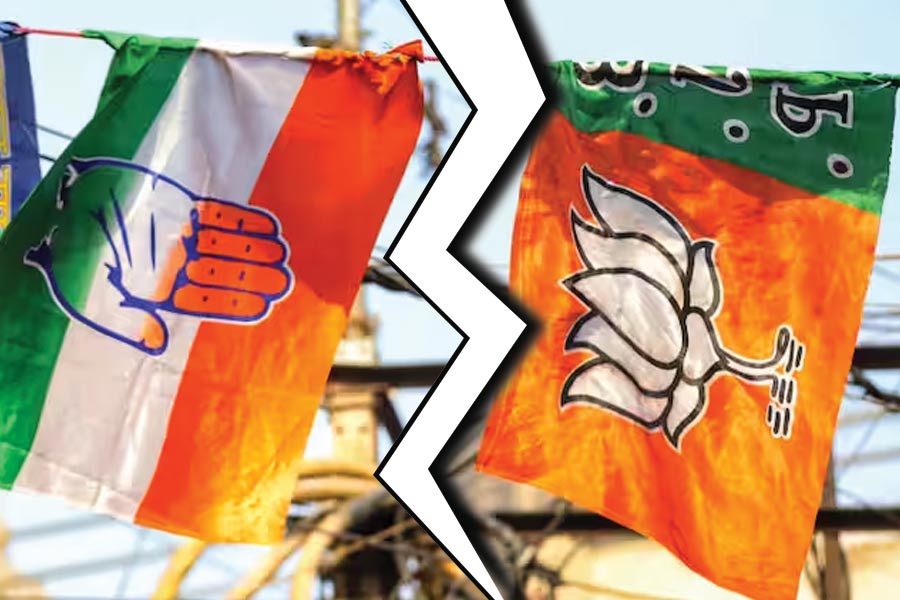Decode the message
Sir — A blank canvas usually provides endless possibilities. An array of ideas can be imprinted upon it. In 2021, a Danish artist, Jens Haaning, submitted empty canvases for a project commissioned by the Kunsten Museum for which he was paid $76,400. Even though his artworks, intended to be a statement on meagre salaries, were displayed by the museum, Hanning has now been asked to refund the money. If the museum did not think Haaning’s work was worth anything, why did it showcase them? Haaning being asked to repay the museum also amounts to a censorship of artistic freedom.
Richa Anand, Gurugram
Deep insight
Sir — The articles, Mukul Kesavan’s “G20 vs Asia 72” (Sept 17) and Renu Kohli’s “Geopolitical 20” (Sept 19), provide valuable insights into the G20 Summit. While Kesavan discussed the implications of the great trade fair of 1972, for which the Hall of Nations was built on the Pragati Maidan, he failed to mention the 1982 Asian Games, which similarly prompted the construction of state-of-the-art architecture in the national capital. The author’s criticism of the razing of the iconic Hall of Nations was also justified.
In the other article, Kohli rued the shift in the modus operandi of the G20, from economic cooperation to nursing individual geopolitical ambitions, in the aftermath of the Ukraine war. This is evident in the formation of trade blocs and trade- and war-related sanctions. Making a strong pitch against protectionism, Kohli rightly advocated for the rejuvenation of international institutions to mitigate debt-cum-climate challenges.
Sukhendu Bhattacharjee, Hooghly
Just demand
Sir — Satya Pal Malik, the former governor of Jammu and Kashmir, has demanded a Supreme Court-monitored probe into the Pulwama attack (“Call for Pulwama probe led by SC”, Sept 21). This is welcome.
Notably, Malik had alleged several times in the past that the Central government had failed to provide aircraft to the security convoy despite intelligence reports claiming a possible terror attack. Moreover, there has been no official rejection of Malik’s claim. This raises the question: did the government knowingly allow the 40 personnel to be martyred? Only a judicial investigation can solve the mystery.
Arun Gupta, Calcutta
Brutal conflict
Sir — The government cannot afford to turn a blind eye to the systemic breakdown of law and order in Manipur owing to the ethnic conflict, which has resulted in the loss of about 175 lives and displaced more than 50,000 people in the past four months. The Meitei community has accused the Assam Rifles of bias while the Kuki-Zos have also blamed the Manipur Police for acting on prejudice. This exposes the fault lines in state security.
Communal tensions have reached an extent that they can only be solved through political intervention. Action should also be taken against those elements that are widening the trust deficit between the warring communities.
M. Junaid Qasmi, Mumbai
Sir — N. Biren Singh, the chief minister of Manipur, has rightly invited widespread censure for his whimsical handling of the Manipur crisis. In the absence of remedial measures by the government, peace and normalcy have become a distant dream. Further, the cache of arms being looted by mobs from the state armoury shows that Manipur has descended into anarchy.
Murtaza Ahmad, Calcutta
Lives at stake
Sir — A recent study examining the pace of the loss of species has depicted a grim picture of the ongoing sixth mass extinction (“Gharial and cobra at the risk of ‘annihilation’”, Sept 19). Human activities have disrupted the earth’s ‘tree of life’ and increased the extinction rate of species. The most affected vertebrates are birds, mammals, amphibians and reptiles. Further, the study has drawn attention to the extinction occurring at the genus level which provides a comprehensive view of the phenomenon.
Genera are representative of groups of diversified, proliferated species whose survival chances are usually high. Their disappearance can thus prove to be catastrophic.
Tapes Chandra Lahiri, Calcutta
Sir — It is disheartening that seven leopard cubs in the Bannerghatta National Park in Bengaluru recently died owing to the outbreak of a viral infection. However, all the cubs were reportedly vaccinated. The authorities should thus determine the exact cause of the deaths and implement precautionary measures.
Vikramaditya S. Panwar, Ujjain
Parting shot
Sir — The prime minister, Narendra Modi, launched the PM Vishwakarma Yojana on September 17 which has allocated Rs 13,000 crore in the next five years for the skill training of traditional artisans, craftsmen and workers mostly belonging to the other backward classes. This is a great initiative.
Karan Singh, Alwar, Rajasthan










